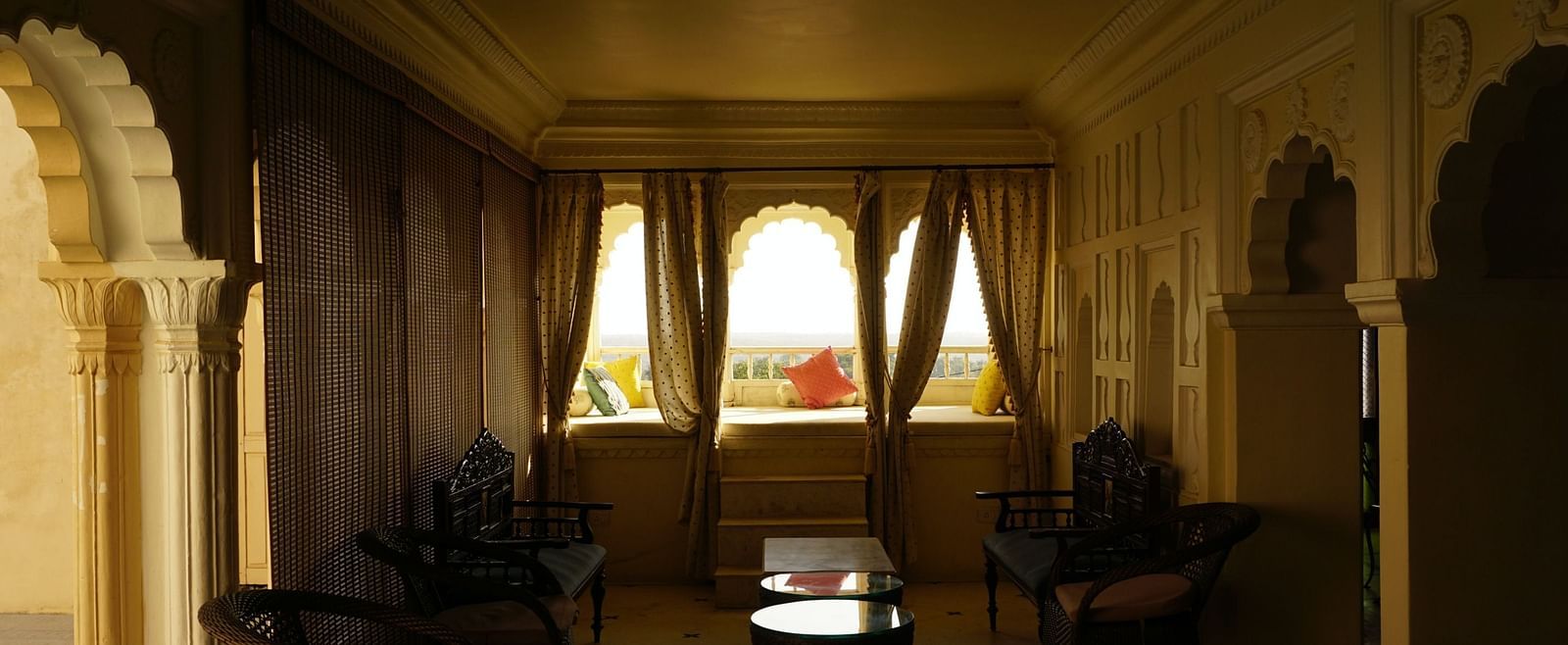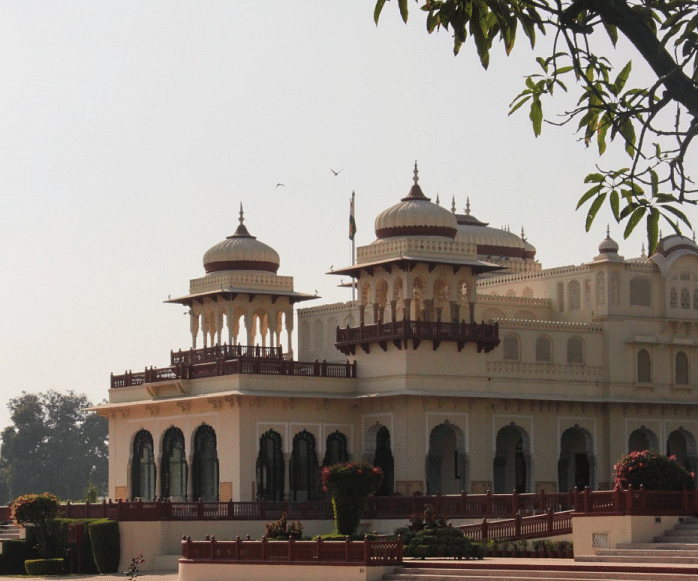Home > About Us

ABOUT US
Heritage Hotels in the country have already created a niche for themselves in the world of tourism. These properties are operating in buildings like forts, castles, palaces, hunting lodges and traditional havelis or period buildings. It is mandatory for these buildings, immaterial of their size to have been built prior to 1935. These properties must have their own distinctive architecture, ambience and history.
The Indian Heritage Hotels Association (IHHA) came into being in 1990 as a result of the Heritage Tourism movement, which was initiated to make Heritage Buildings productive and to maintain them.
The next step was the recognition of heritage classification by the Department of Tourism & Culture, Government of India on 1 January, 1990. The IHHA was thus formed in 1990 and was registered in 2001. The main objects of the Association are to promote Heritage Tourism by preserving and reviving the heritage hotels. This, in turn, also helps in reviving the rich, cultural, historical and architectural heritage of India. Furthermore, it also gives a fillip to revive the traditional arts, crafts, music and folklore by projecting their skills through these Heritage Hotels. The Government of India recognised Heritage Hotels as a separate category in January 1991 and categorised the Heritage Hotels in three categories viz. “Heritage”, “Heritage Classic” and “Heritage Grand”.

)
It is indeed a matter of satisfaction that Tourism and Hospitality industry have found a place in our economy as effective instruments for generating employment, earning revenue and foreign exchange. What is more they also enhance cultural preservation, traditional crafts, fairs, festivals and creative activities. This facilitates in spreading the overall benefits of tourism. There is, perhaps, no comparable field of activity where so many people are employed directly or indirectly. Tourism Sector has already been recognised as an important engine of growth for the economy of the country.
The major challenges for heritage sector are the old assets which require high cost of conservation and restoration, low room base which affects feasibility, high maintenance i.e. old plumbing /fixtures, lack of skill and training of the staff, lack of infrastructure such as drainage / power / communication, lack of connectivity, etc.
